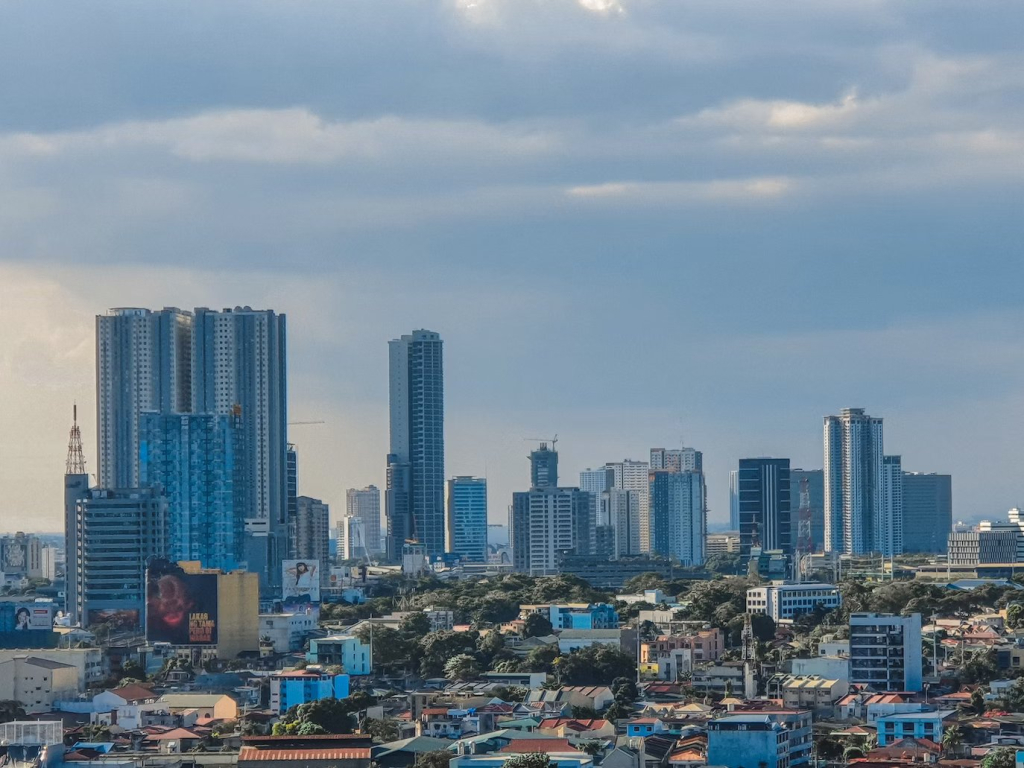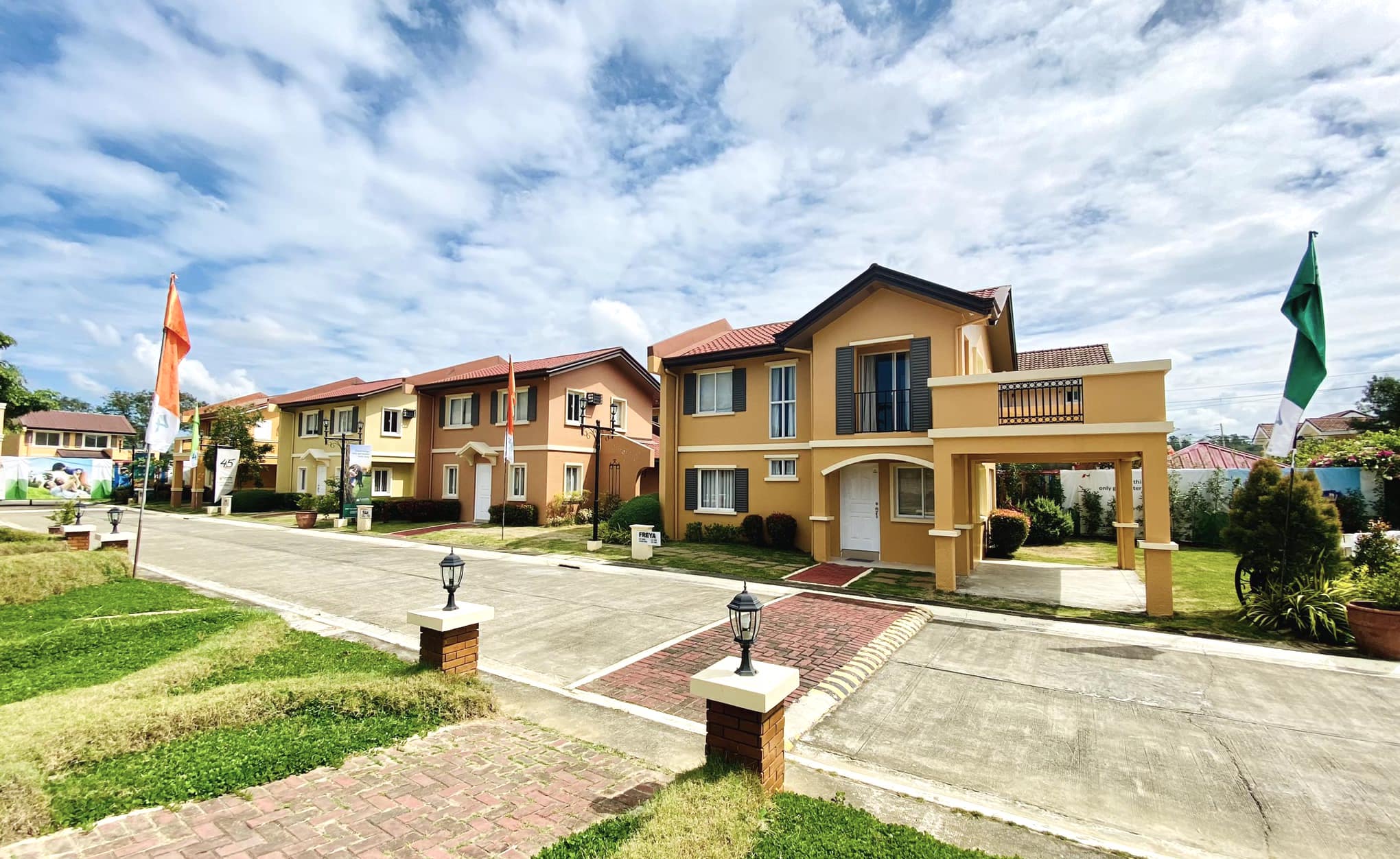Being in an airport in Metro Manila and elsewhere surely makes a traveler feel sentimental. In one corner, there are happy ones, excited with their first plane ride. While others, visibly sad to be away from their families and the life that they once have and be with other foreign workers.
Some of them, are not even sure if they ever did the right decision. Despite their hesitations, they went on; fueling themselves with the hope of seeing their loved ones in a few years.
The Driving Force behind OFWs’ Return
However, the call to go back home permanently becomes irresistible to many of these modern-day heroes, the Filipino people. after years of labor. The tales of their return are coupled with immense longing, woven with hopes for future, and embroidered with the complex fabric of socio-economic realities.
In recent years, there has been an observable trend of Overseas Filipino Workers (OFWs) returning to their homeland. This phenomenon is multifaceted, stemming from personal aspirations to global economic shifts.
Why, then, are overseas Filipino workers (OFWs), once so determined to carve out a living across the seas, now yearning for their homeland?

The Emotional Longing for Family
At the core of why OFWs are returning home in the Philippines is family. The Filipino migrant workers and overseas Filipinos, be it domestic helpers in Hong Kong or engineers in countries in the Middle East, invariably dream of the day they can return to their families.
No high-paying job or glistening foreign city can replace the warmth of a mother’s embrace or the laughter of one’s children. The social costs of being an OFW, especially for women migrants, are immeasurable.
While overseas Filipino workers OFWs are globally recognized and in demand for their skills and dedication, it’s their sacrifices that often go unnoticed. They miss birthdays, anniversaries, and other forms of life celebrations that somehow take a toll in their mental health and in their overall well being. The COVID-19 pandemic only intensified this longing.
The Overseas Workers Welfare Administration and various government agencies reported an increase in repatriated OFWs during this period. The thought of being oceans apart during such dire times is indeed harrowing.
The Pandemic’s Push
The onset of the COVID-19 pandemic has served as a catalyst for repatriation. Many OFWs found themselves facing unemployment, employer bankruptcy, or the sheer impossibility of working amid lockdowns.
With the assistance of foreign affairs offices, local governments, and international labor organizations, repatriated OFWs have returned to the fold, eager to rebuild in the embrace of their communities.
The Landscape of Labor and the Lure of Local Jobs
The local government units, with support from the Philippine government and private sector, have been channeling efforts and money into revitalizing the Philippine economy.
The Bangko Sentral ng Pilipinas’ (Central Bank) data shows that while OFW remittances remain vital, there is an ongoing drive to boost local jobs and employment opportunities.
This push towards self-reliance means returning OFWs can now seek promising employment and jobs in their home country.
There’s a palpable hope in the air that the country is moving in the right direction. With the assistance of the department of migrant workers and other government institutions, returning OFWs find themselves more equipped for return preparedness.
Addressing Concerns and Expanding Support Systems
Historically, Filipino workers abroad faced issues ranging from breach of employment contract to more grave concerns.
The narrative of welfare administration for migrant workers has been fraught with tales of human trafficking, abuse, and exploitation, particularly among women migrants in the Asia, Middle East as well as in other countries.
The growing awareness demanded better protection for OFWs and triggered many to reconsider the worth of working abroad. The international labour organization, in collaboration with local employers and governments, has amplified its efforts in addressing these challenges.
Furthermore, with support from the Overseas Workers Welfare Administration, Department of Foreign Affairs, the Department of Social Welfare and Development and other agency, there are now existing programs and services aimed at aiding OFWs in their transition back home. This support gives many OFWs the confidence and security to make the decision to return.
The Echoes of War and Unrest
In regions marred by conflict such as Israel and Ukraine, the Philippine government, through agencies like OWWA and the Department of Foreign Affairs, has taken steps to secure the safe repatriation of OFWs. The harsh reality of war has made the concept of a peaceful life back home not just a desire but an imperative.
Realigning with the Right Values
It’s not always about money or employment contracts; sometimes, it’s about rediscovering one’s roots and aligning with values cherished by many Filipino households. The warmth of interpersonal relationships and the rich tapestry of Filipino community life beckon many OFWs.
A meal shared with family members, a laugh amongst friends in Metro Manila’s vibrant streets, or the tranquil rest under a mango tree in the countryside—these simple joys become the lighthouse guiding many Filipinos back to their home country.
As these reasons converge, the exodus of many OFWs back to the Philippine archipelago is a poignant narrative of life’s full circle.
The local government officials, alongside central government agencies, are orchestrating a symphony of support and assistance, acknowledging the invaluable contribution of these migrant workers to the nation’s fabric.
For the OFWs, it’s a bittersweet symphony. There’s the sweetness of reunion, the pride in having weathered storms, and the quiet acknowledgment of sacrifices made.
The bitterness of years lost to distance, the harshness of labor conditions abroad, and the often-unseen social costs of migrant work add a complex layer to their decisions.
As these brave souls step onto Philippine soil, there is hope—an audacious belief that despite the economic benefits of work abroad, life in the Philippines can be fulfilling, prosperous, and, above all, spent with those they labor so hard to support. It’s this hope that ignites their spirits, fuels their dreams, and sustains their families.
In this returning tide, the Philippines does not just receive workers; it welcomes back families, its sons and daughters, its parents and siblings—each an integral thread in the country’s ever-evolving story. The decision to return is not an end; it’s a bold step in a new direction—a direction that leads home.

Check out our House and Lot for Sale Properties
Discover our house and lot for sale properties in the Philippines


